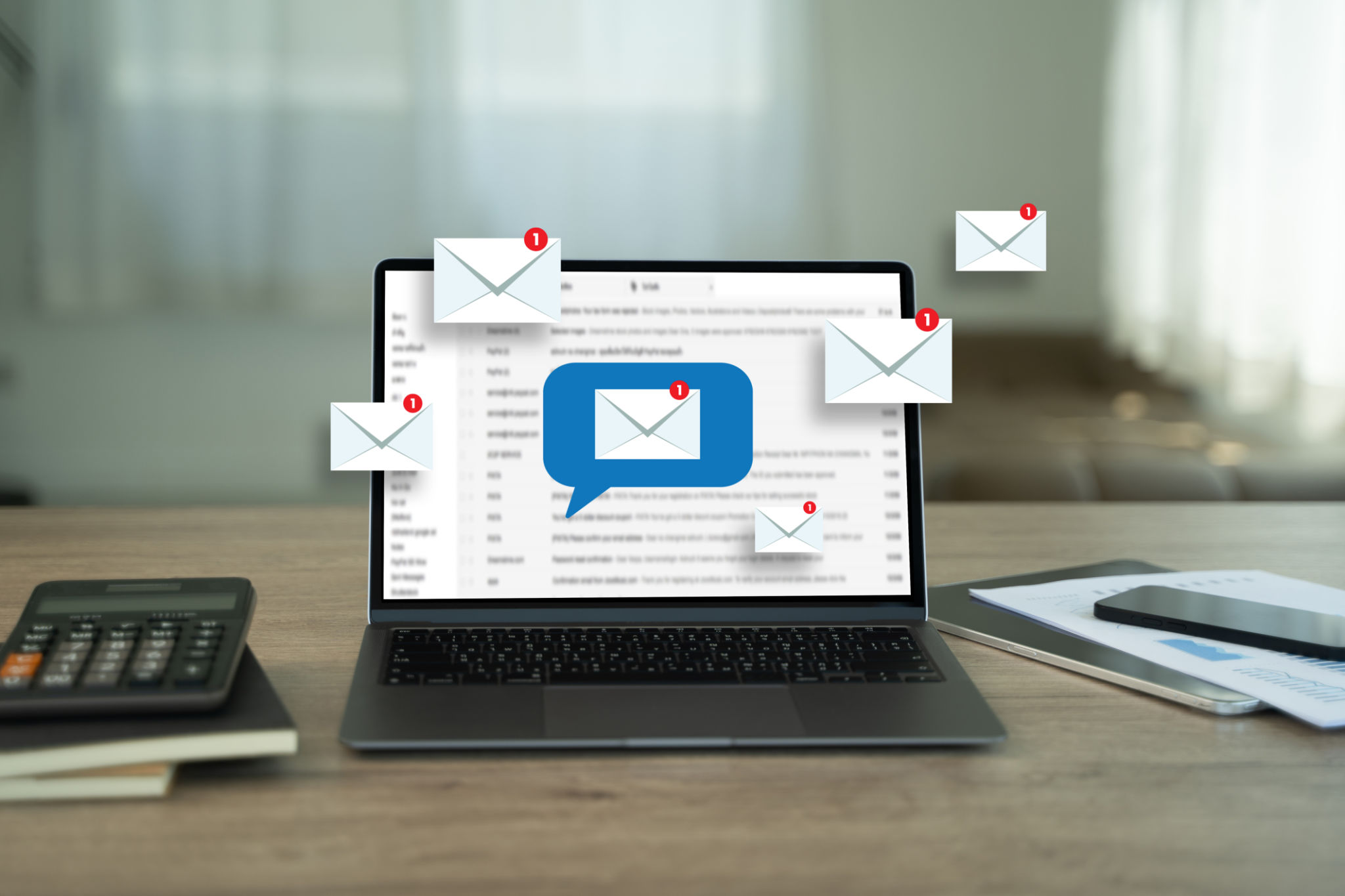Personalization in Email Marketing: Why It Matters and How to Do It
The Importance of Personalization in Email Marketing
In today's digital age, consumers are inundated with emails, making it increasingly challenging for businesses to capture attention. This is where personalization comes into play. By tailoring emails to individual preferences and behaviors, businesses can significantly enhance engagement and conversion rates. Personalization transforms generic messages into relevant communications that resonate with recipients on a personal level.

Personalized emails have a higher open rate compared to non-personalized ones. When recipients see their name in the subject line or content tailored to their interests, they are more likely to engage. This connection fosters trust and builds a stronger relationship between the brand and its audience. Personalized emails not only increase the likelihood of immediate action but also contribute to long-term brand loyalty.
Understanding Your Audience
Before implementing personalization strategies, it's crucial to understand your audience. This involves gathering data on customer demographics, preferences, and behaviors. By utilizing tools like analytics software and customer surveys, businesses can create detailed customer profiles. This information serves as the foundation for effective personalization.
Segmenting your email list based on this data is another essential step. By categorizing subscribers into different groups, you can tailor content that speaks directly to each segment's unique needs and interests. Segmentation allows for more targeted messaging, resulting in higher engagement rates and a better customer experience.

Implementing Personalization Strategies
Once you have a clear understanding of your audience, it's time to implement personalization strategies. Start by personalizing the subject line with the recipient's name or a relevant reference to their past behavior, such as a recent purchase. This small touch can dramatically increase open rates.
Within the email body, use dynamic content to show specific product recommendations based on the recipient's previous interactions with your brand. Additionally, consider sending personalized offers or discounts that are exclusive to the individual. By making recipients feel special and valued, you increase the likelihood of conversion.
Leveraging Automation Tools
Automation tools can significantly simplify the process of personalizing emails. These tools allow you to automate the sending of personalized emails based on triggers like birthdays, anniversaries, or other significant dates. Automated workflows can also be set up to send follow-up emails after a purchase or abandoned cart.

Moreover, automation tools enable A/B testing, which allows you to experiment with different personalization tactics to see which ones resonate best with your audience. By continuously refining your approach based on data and feedback, you can optimize your email marketing strategy for better results.
Measuring Success and Adjusting Strategies
Measuring the success of your personalized email campaigns is crucial for ongoing improvement. Key metrics to track include open rates, click-through rates, conversion rates, and unsubscribe rates. Analyzing this data provides insights into what works and what doesn’t, allowing you to make informed adjustments to your strategy.
Regularly reviewing these metrics and seeking feedback from your audience can help identify areas for improvement. By staying responsive to your audience's evolving needs and preferences, you can ensure your emails remain relevant and impactful.

In conclusion, personalization in email marketing is not just a trend but a necessity in today's competitive landscape. By understanding your audience, implementing tailored strategies, leveraging automation tools, and continuously measuring success, you can create effective email campaigns that drive engagement and foster customer loyalty.